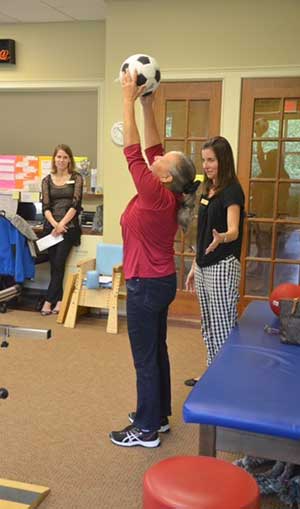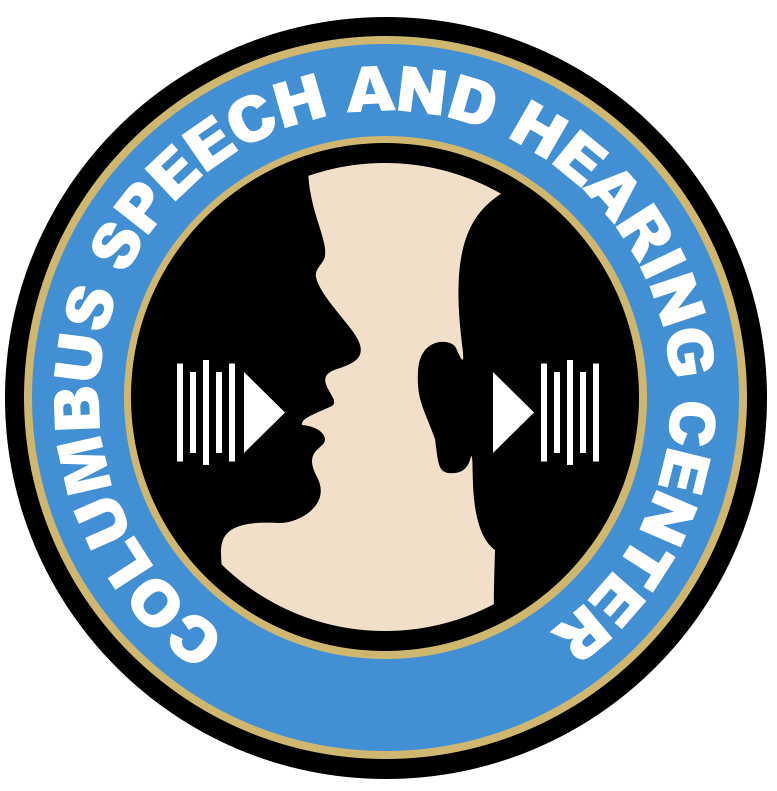 How does balance work?
How does balance work?
A very intricate system, your balance system is comprised of three main parts:
- Sensory systems – systems that indicate where your body is in relation to your environment including the vestibular systems and the ocular systems.
- Brain – the organ that processes the information gathered by the sensory system
- Muscles and joints – the parts of your body that synchronize movements needed to keep balance with the information supplied to the brain by the sensory system
All three of these parts have to work correctly and in conjunction in order for patients to have balance.
What are the most common balance problems?
A balance disorder is a common condition that causes a person to feel unsteady, lightheaded, or have the constant feeling of spinning or movement. Most often, balance problems are caused by the vestibular system, also known as the inner ear. The inner ear contains the labyrinth, which is a vital part of our balance system. It is in continuous relation with our eyes, bones and joints, helping the body to maintain its upright position.
Dizziness, Vertigo, and Imbalance – Causes and Symptoms
Patients who suffer from imbalance will feel dizzy and unable to keep their balance, but they may also experience other symptoms. These symptoms will help determine the type of problem you have.
- Spinning sensation
- Lightheadedness
- Difficulty focusing eyesight (reading)
- Fatigue
- Vertigo
- Problems walking in the dark
- Nausea
- Anxiety
- Hearing problems
- Headaches
- Pressure and/or ringing in the ears
Vertigo
Vertigo usually results from a problem with the nerves and the structures of the balance mechanism in your inner ear (vestibular system), which sense movement and changes in your head position. Sitting up or moving around may make it worse. Sometimes vertigo is severe enough to cause nausea, vomiting and imbalance. Causes of vertigo may include:
Benign paroxysmal positional vertigo (BPPV)
BPPV causes intense, brief episodes of vertigo immediately following a change in the position of your head, often when you turn over in bed or sit up in the morning. BPPV is the most common cause of vertigo. Inflammation in the inner ear
Signs and symptoms of inflammation of your inner ear (acute vestibular neuritis) include the spontaneous onset of intense, constant vertigo that may persist for several days, along with nausea, vomiting and imbalance. It can be incapacitating, requiring bed rest. When associated with sudden hearing loss, this condition is referred to as labyrinthitis. Fortunately, vestibular neuritis generally subsides and clears up on its own. Meniere’s disease
This disease involves the excessive buildup of fluid in your inner ear. It is an uncommon condition that may affect adults at any age and is characterized by sudden episodes of vertigo lasting 30 minutes to several hours and hearing loss.
Migrainous vertigo
Migraine is more than a headache disorder. Just as some people experience a visual “aura” with their migraines, others can get vertigo episodes and have other types of dizziness between migraines.
Acoustic Neuroma
An acoustic neuroma (vestibular schwannoma) is a noncancerous (benign) growth on the vestibular nerve, which connects the inner ear to your brain. Symptoms of an acoustic neuroma generally include progressive hearing loss and tinnitus on one side accompanied by dizziness or imbalance.
Other causes
Rarely, vertigo can be a symptom of a more serious neurological problem such as a stroke, brain hemorrhage or multiple sclerosis. In such cases, other neurological symptoms are usually present, such as double vision, slurred speech, facial weakness or numbness, limb coordination, or severe balance problems.
How can Columbus Speech & Hearing Center help you?
At Columbus Speech & Hearing Center, we utilize the latest diagnostic tools to ensure you receive the proper diagnosis. Then, your audiologist, general physician and an occupational therapist will work together to develop a treatment plan that is customized to fulfill your needs.
